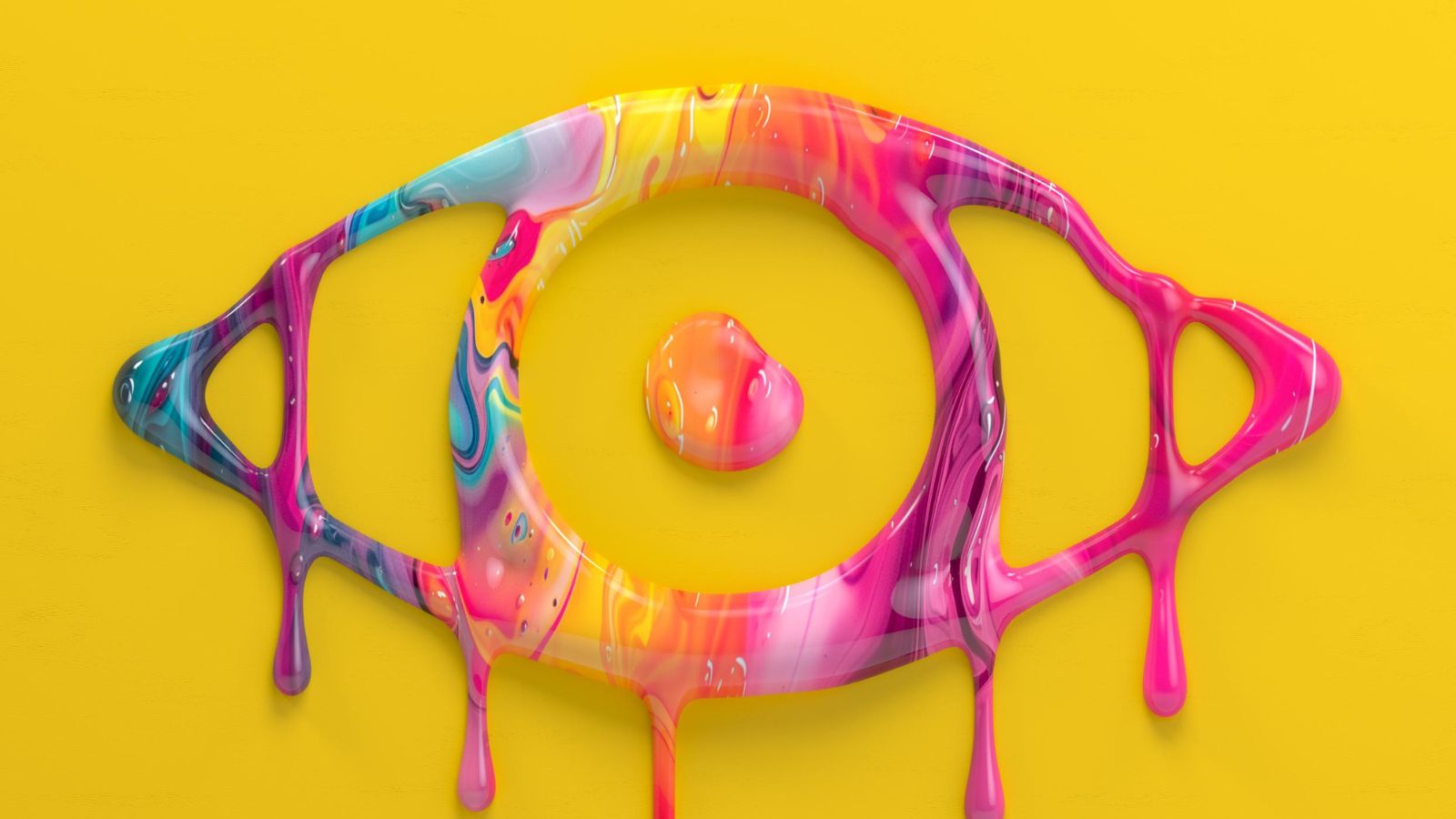
Class-Action Lawsuit Against the iPhone’s Water Resistance Claims Filed in the U.S.
- Apple is once again accused of misleading consumers with overstated iPhone water resistance claims.
- A class-action lawsuit that was submitted in New York seeks monetary relief and injunction.
- The same thing blew up in Italy late last year, with the authorities there imposing a multi-million fine to Apple.
A class-action lawsuit has been submitted over the weekend in the U.S. District Court for the Southern District of New York, claiming that Apple is overstating the iPhone's water-resistant capabilities. In summary, plaintiff Antoinette Smith claims that Apple’s misleading and essentially untruthful claims lead consumers to believe that they can emerge their iPhone devices in water and other liquids without risking damage, only to damage them irreversibly.
As the lawsuit details, approximately 100,000 smartphones are damaged by water every day in the United States, a figure that has grown by 45% since 2016. The reason for this explosion in liquid damage cases, according to the plaintiff, is precisely Apple’s false marketing claims which actually cost American consumers over $10 billion each year.
The lawsuit further details that the IP67 rating given onto the iPhone 7 and iPhone 8 suggests that they are capable of resisting water damage in depths of 1 meter for up to 30 minutes, while the IP68 rating on the iPhone 11 Pro (and Pro Max) and the entire iPhone 12 lineup take this figure up to four meters. Because these certifications are based on highly controlled laboratory conditions using static and pure water, they are not applicable to real-world use case scenarios, and thus they are misguiding.
In addition to this, Apple is excluding damage caused by liquids in the iPhone’s warranty terms, so even if the user is using the device in accordance to the marketing claims and within the limits of Apple’s promises, any damage caused as a result won’t be covered by the OEM. Apple doesn’t even consider if the immersion was beyond the promised limits or if the use of the device was generally proper. Even if something like an accidental spill has caused the internal LCI (liquid contact indicator) to turn red, the warranty is void.
The plaintiff now demands trial by jury and a class-wide injunctive and also monetary relief. The accusations that go against Apple include consumer fraud, unjust enrichment, negligent misrepresentation, breaches of express warranty, violations of the Magnuson Moss Warranty Act, and violations of the New York General Business Law (Consumer Protection). It will be interesting to see what the New York District Court will make of this during its review of the plaintiff’s claims.
In November last year, the Italian competition regulator, AGCM, fined Apple €10 million ($12 million) for similar reasons, after a large number of iPhone users in the country reported unexpected liquid damage while using their devices in accordance with the specifications and Apple’s marketing claims. This has been included in the lawsuit for the court’s consideration as a key element in the case.







